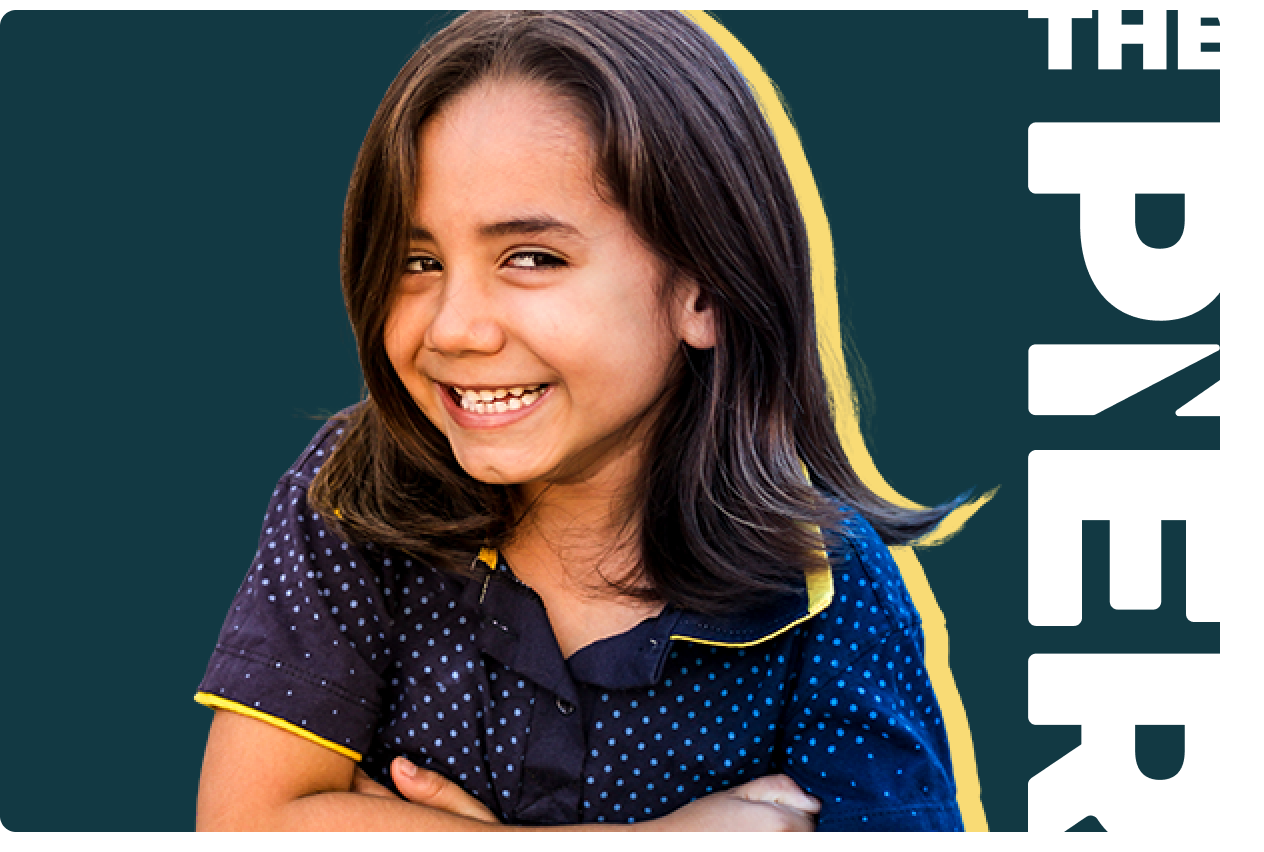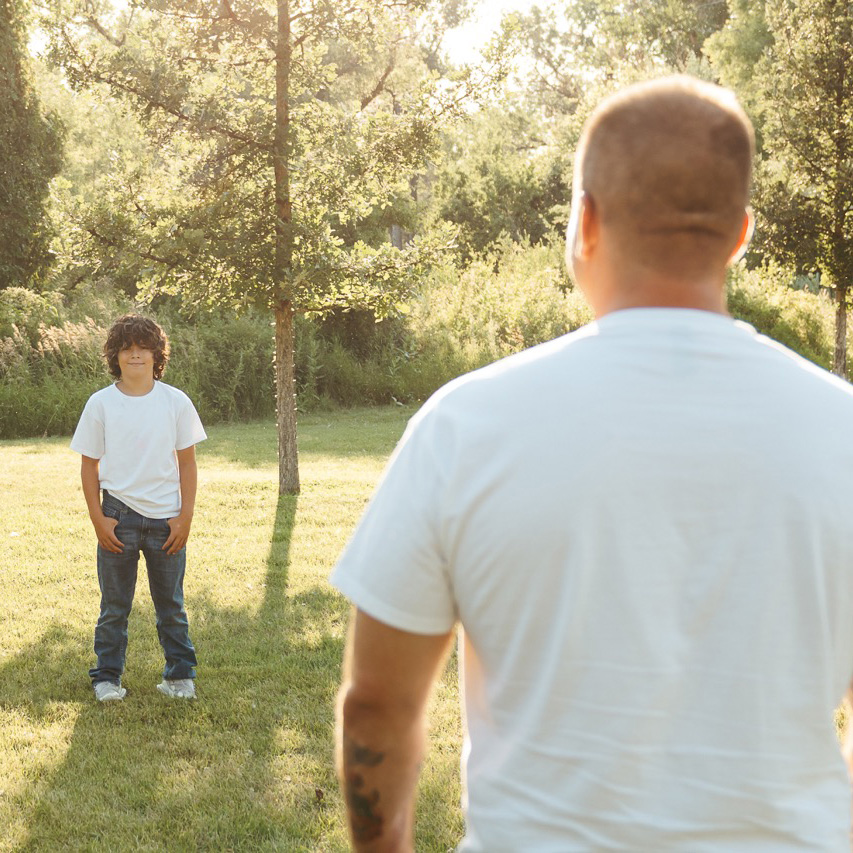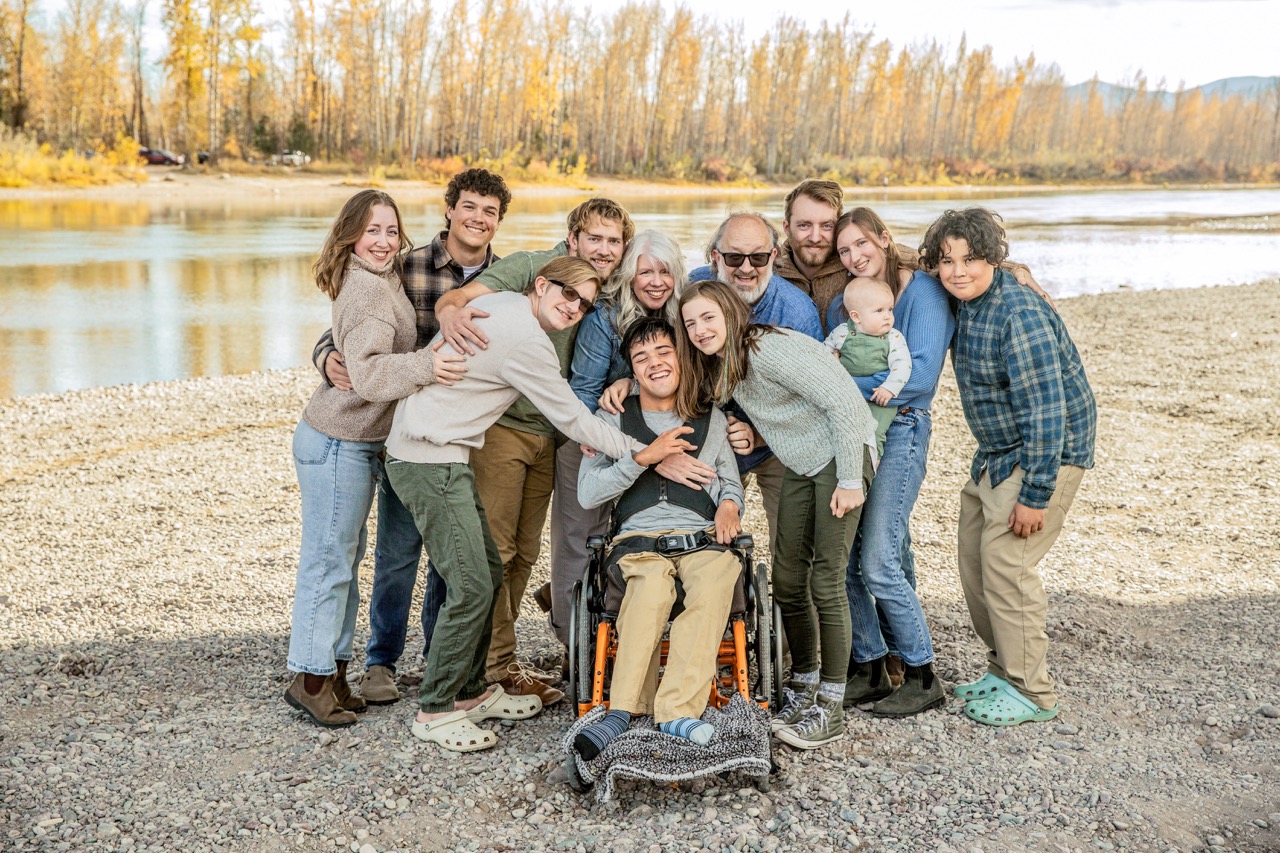Don't Give
Abuse and neglect
The final say.
Right now, Montana is facing an unacceptable crisis. Every year, thousands of innocent children across our state are removed from the wreckage of devastating abuse and neglect. But there aren’t enough families stepping up to care for them all, to offer them hope and healing. And without a family, these wounded children face a future as dark as their past — alone.

The Stats Are Devastating
Join The Pier as a Monthly Donor
Join our network of faithful allies who provide steady, reliable support for children in foster care and the families who care for them. Your ongoing gift actively brings us closer to our ultimate goal—a family for every child.

But it doesn’t have to be this way.
people like you can change lives like these.
How do we solve this?
People say yes to fostering
These children are terrified. They’ve been deeply hurt and now face an uphill battle alone. The don’t need a perfect parent. They just need someone willing to fight for them.
Parents become trauma informed
Trauma leaves deep wounds, damaging a child’s ability to trust and feel safe. But there is hope. We’ll give you the resources and training to help your child heal.
Child Bridge supports parents
Foster care is hard, but you will never have to do this alone. We will equip you with the support and community you need for every step of this journey.
Your First Step
What if you’re exactly what a child needs? It only takes an hour to find out. Learn how kids come into foster care and what it looks like to care for them. You can ask any questions you have, and there's no pressure to make a commitment. What do you have to lose?

Add Impact to Your Inbox
Be the first to read new stories and see how people like you are changing lives.



















